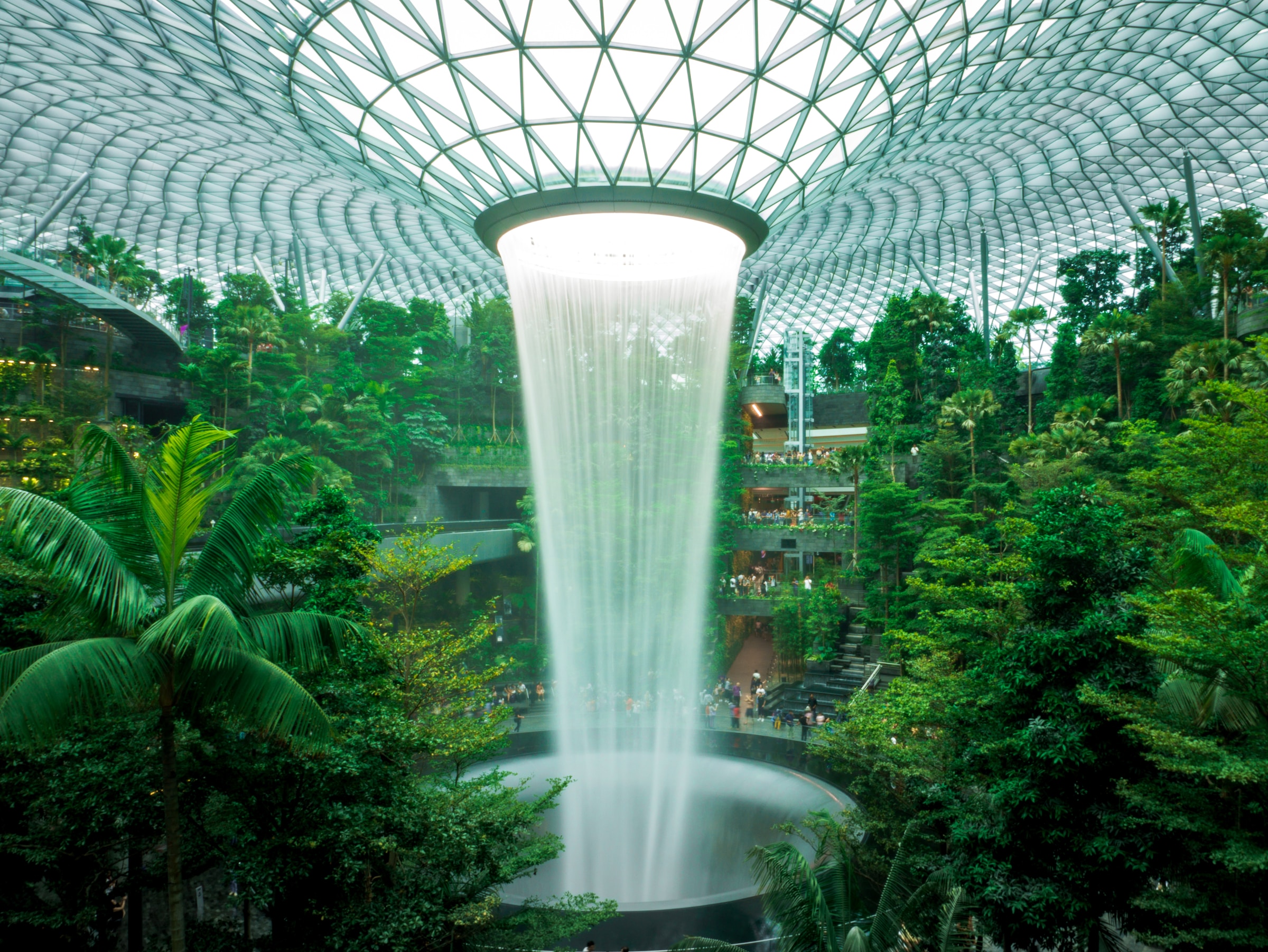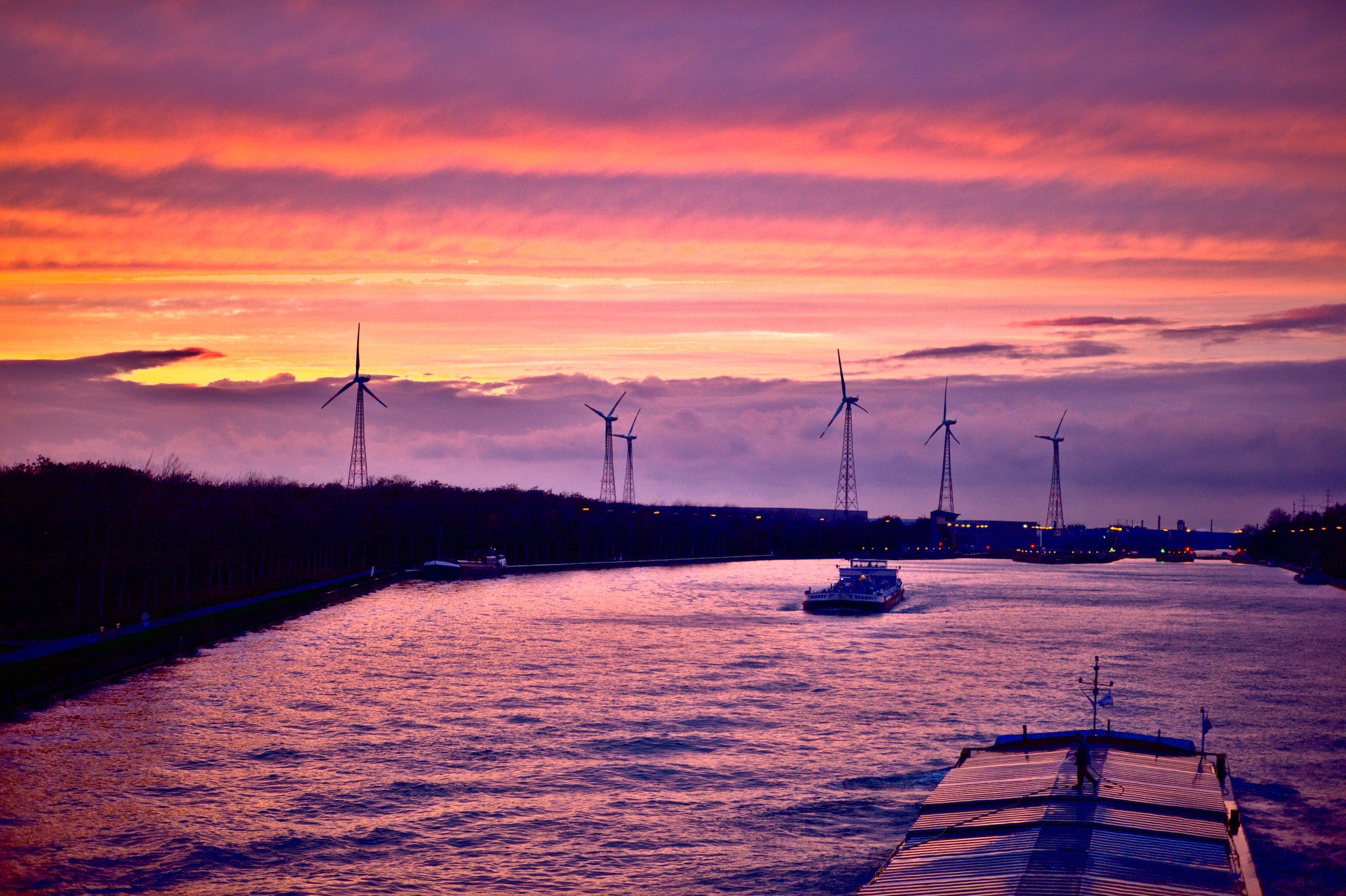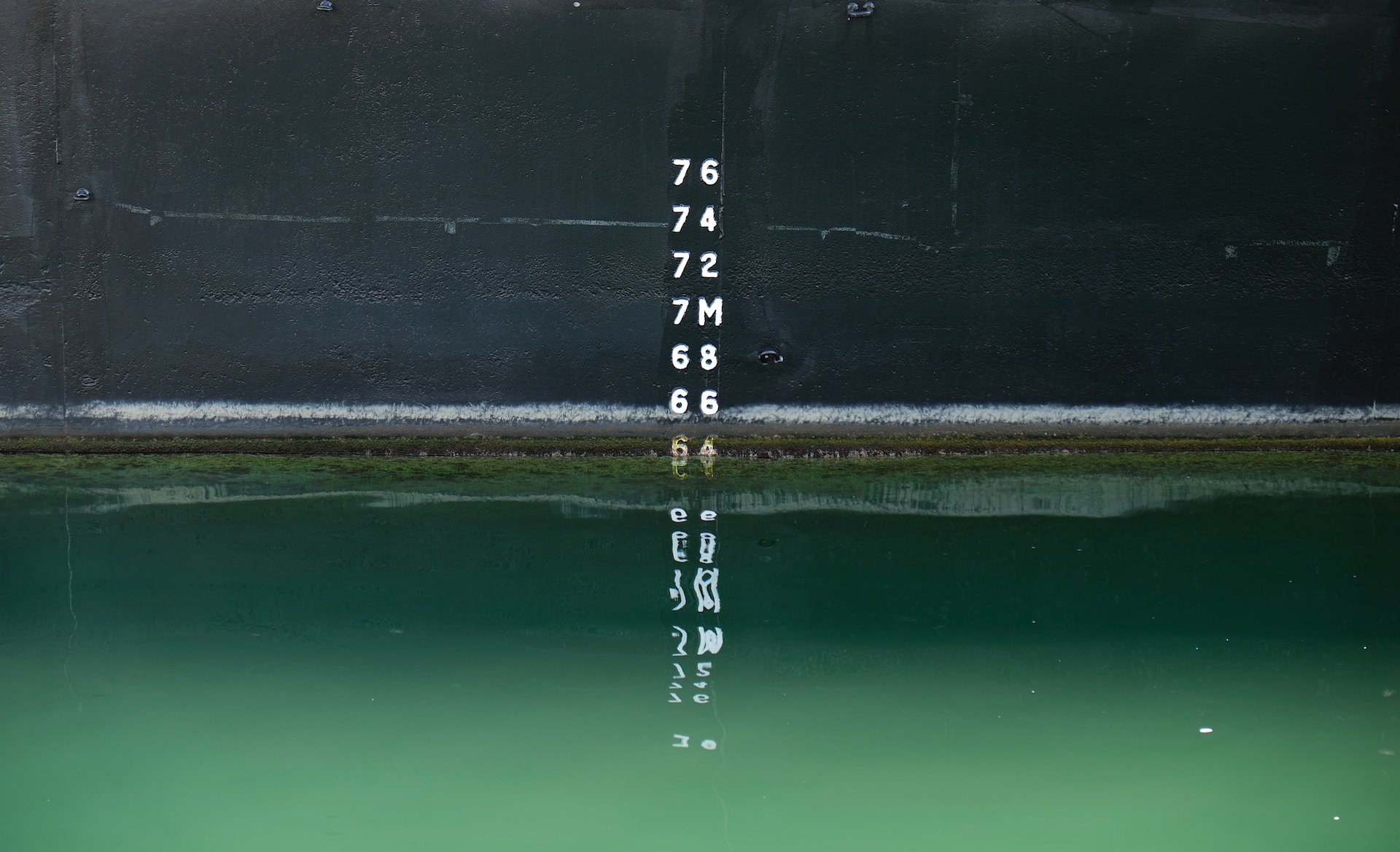Did it ever happen to you to pack for your diving weekend, fill all the tanks, stuff everything in the car, drive for few hours, just to figure out that water it too murky and you can’t go diving? We’ve all been there, and we know it’s not fun.
I’ve been there quite a few times and have always explained it to myself that it’s a normal part of exploration. But, part of me felt it’s a bit of a lie that I tell myself - I believe modern and cheap technology can give us insight into conditions to frequently visited places and can save quite some time, money and petrol getting there.
Mutljomer (m6r) started as a project to resolve that issue - I envisioned a network of water quality sensors placed at the entrance of each interesting spring, reporting data regularly to central place that keeps trending data. Those sensors would measure number parameter to allow you to determine if cave is “good” for diving or no - evaluate if water is murky, if flow is strong enough but not too strong, how cold is it (both water and outside) and so on…
Name came from a friend that I pitched the idea to - in Serbian, it means “murky-meter” and that’s not a real word. It sounds funny and it sticked as the name, but we’ll call it m6r to make it easier on folks that can’t figure out how to pronounce it.
m6r is ongoing development and will keep evolving as we collectively learn and improve.
Basic principles are:
- it should give us answer to a question: “where is good for diving”?
- it should be easy to make
- it should be cheap
- it should be fun
M6R is, by no means, an accurate scientific project: where practical, we’ll use standard units of measurement (°C for example), but will approximate others because we can’t calibrate the actual units (so, water flow will not be in m/s, but will be “slow” or “fast”; turbidity will not be in NTUs, but will be “milky” or “muddy”).
In the end, this is about learning and having fun so… welcome aboard :)





Comments